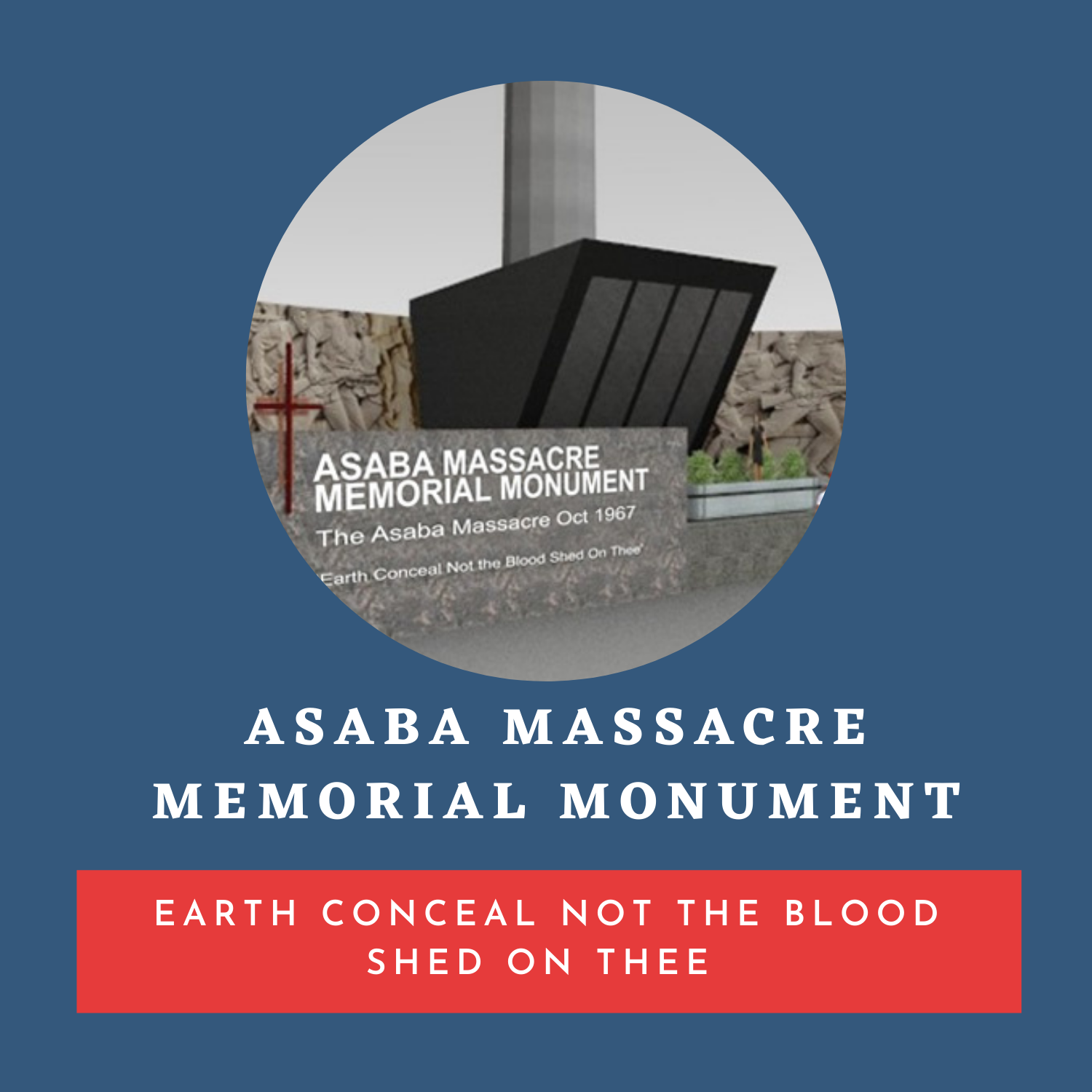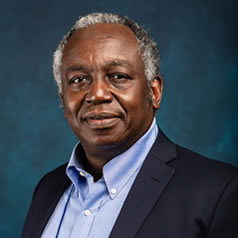‘Creating sites of memory assumes – indeed requires – the pre-existence of a will to remember’ (Dr Andy Pearce writing about Holocaust memorialization in the UK). But memory of conflict is invariably contested, with one side erecting monuments to its victories, the other seeking to find a suitable way to represent its losses. In 2020, both in the UK and US, historic statues were the focus of contemporary political rancour. The heroes of the US confederacy, symbols of white supremacy to many, became a visible affront in a pluralistic, multi-cultural society. While in the UK, the ‘Black Lives Matter’ movement found it intolerable that those who had profited from slavery and the spoils of empire continued to be honoured in many city centres.
But there is much more to memorialization than whether a statue remains on its plinth or is pulled down and hurled into a river. The way the past is represented changes with the times. In the Soviet Union, monuments to the victims of the ‘Great Patriotic War’ did not specify their ethnic or religious origin. That they were all described as victims of fascism served a political purpose: to prove that Communism represented the triumph of good over evil. Now that there is a specificity to the inscriptions on monuments in Eastern Europe, a different kind of historical remembrance is served, in many cases, rehabilitating parties and individuals of the far right who fought against Communism.
Where is the truth in all this? Unfortunately, at the mercy of those leaders currently in power. But one should never lose sight of the fact there ARE truths which cannot be camouflaged or airbrushed by cynical politicians. Just as it is true that the worst massacre on European soil since the Second World War took place at Srebrenica in Bosnia in 1995 – despite the efforts of Serb politicians to deny the genocide – so there was undoubtedly an atrocity committed by Federal troops at Asaba during the Biafran war of secession. It is right that it should be commemorated and the victims honoured, not to fan the flames of ethnic tension but as a simple necessity: to leave a permanent physical record of inhumanity for this and future generations to reflect on and ensure that it is never repeated.





0 Comments